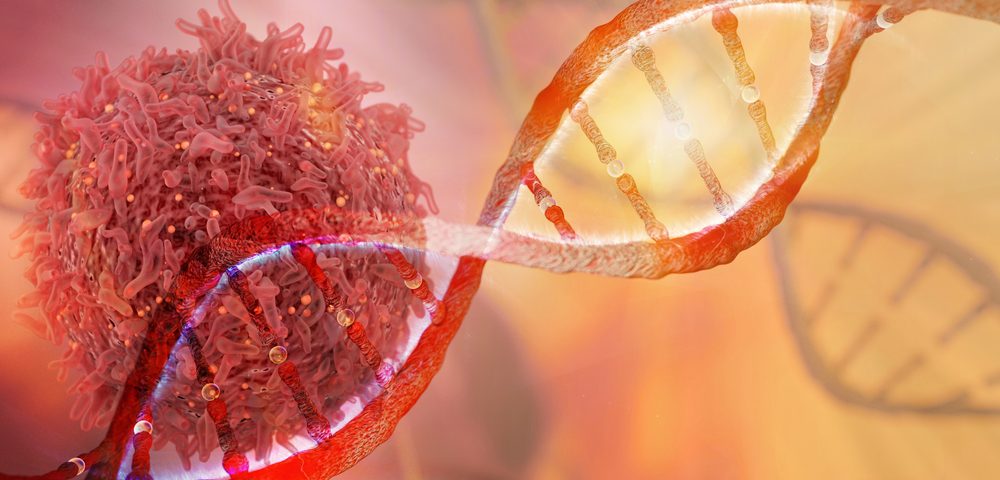A new type of T-cell-based cancer immunotherapy may offer hope to people with Epstein-Barr virus-positive Hodgkin’s lymphoma, a small clinical trial showed.
Importantly, the therapy was designed for use without chemotherapy pretreatment. It was seen to effectively fight tumors without acute or long-term toxicity, researchers noted.
The study, “Tumor-Specific T-Cells Engineered to Overcome Tumor Immune Evasion Induce Clinical Responses in Patients With Relapsed Hodgkin Lymphoma,” was published in the Journal of Clinical Oncology.
The dose-escalation study of eight patients with Epstein Barr virus-positive Hodgkin’s lymphoma was conducted by researchers at Baylor College of Medicine in Houston, Texas. What interests scientists the most is the therapy’s ability to resist signals that tumors use to dampen an attack by the body’s immune system.
“These results come 18 years after this revolutionary approach was first conceptualized by Cliona M. Rooney, my colleague at the time at Baylor and the study’s senior author,” Catherine M. Bollard, lead author of the research, said in a press release.
“While our study is small, its findings are incredibly encouraging for our families and for the cancer field,” added Bollard, who now directs the Children’s Research Institute’s Center for Cancer & Immunology Research.
One defense mechanism that tumors employ is TGF-beta. By releasing this molecule, a tumor can prevent cancer-targeting cell therapies from doing their job. To overcome this, the research team engineered T-cells that contained a TGF-beta receptor that made them resistant to the effects of this molecule. The receptor is called dominant-negative TGF-beta receptor type 2 (DNRII).
In addition to having the receptor, the T-cells were manipulated to seek out tumor cells infected with the Epstein-Barr virus and destroy them.
Patients were given various doses of the T-cells without having received prior chemotherapy treatment. Pretreatment with chemotherapy is normally used to wipe out a patient’s immune cells before treatment to allow cancer-targeting cells to expand more efficiently.
Even in the absence of chemotherapy, the genetically modified T-cells expanded by up to 100-fold in patients’ bodies after the infusions, the study showed. Of seven evaluable patients, four experienced a complete eradication of their cancer. In several patients, the response was ongoing four years later. Researchers also found that the cells persisted in the patients’ bodies for at least four years.
“We started work in this area in 2000. At that time, the oncology community had little enthusiasm for the use of T-cell therapies to treat cancer,” Bollard said. “Even then, when T-cell therapy was in its relative infancy, some research institutions began to see more than 90 percent complete responses and cure rates in some settings.”
Two CAR T-cell therapies — Novartis’ Kymriah (tisagenlecleucel) and Kite Pharma’s Yescarta (axicabtagene ciloleucel) — are approved for treatment of B-cell acute lymphoblastic leukemia and large B-cell lymphoma.
Because many cancer types use TGF-beta to evade immune responses, Bollard believes the T-cell approach in this study also could be used for other tumor types.
“This most recent study points to the potential of specialized T-cells to fight even more types of immune-evading tumors,” she said.


